加载中...
共找到 14,524 条相关资讯
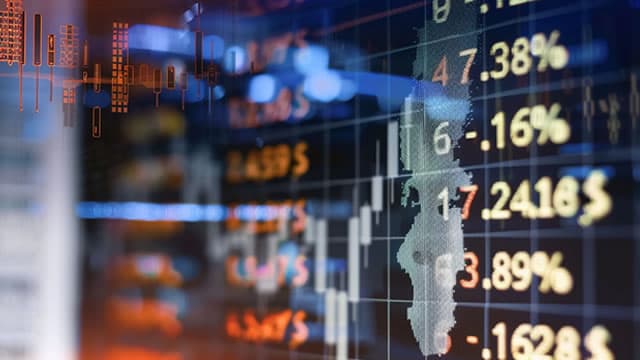
The kitchen sink was thrown at the economy in 2025 — punishing tariffs, higher inflation, rising unemployment — but the U.S. might still be growing at an above-average speed in a sign of surprising pluck.

Federal Reserve Governor Stephen Miran said the US central bank risks sparking a recession unless it continues lowering interest rates next year. He speaks on "Bloomberg Surveillance.
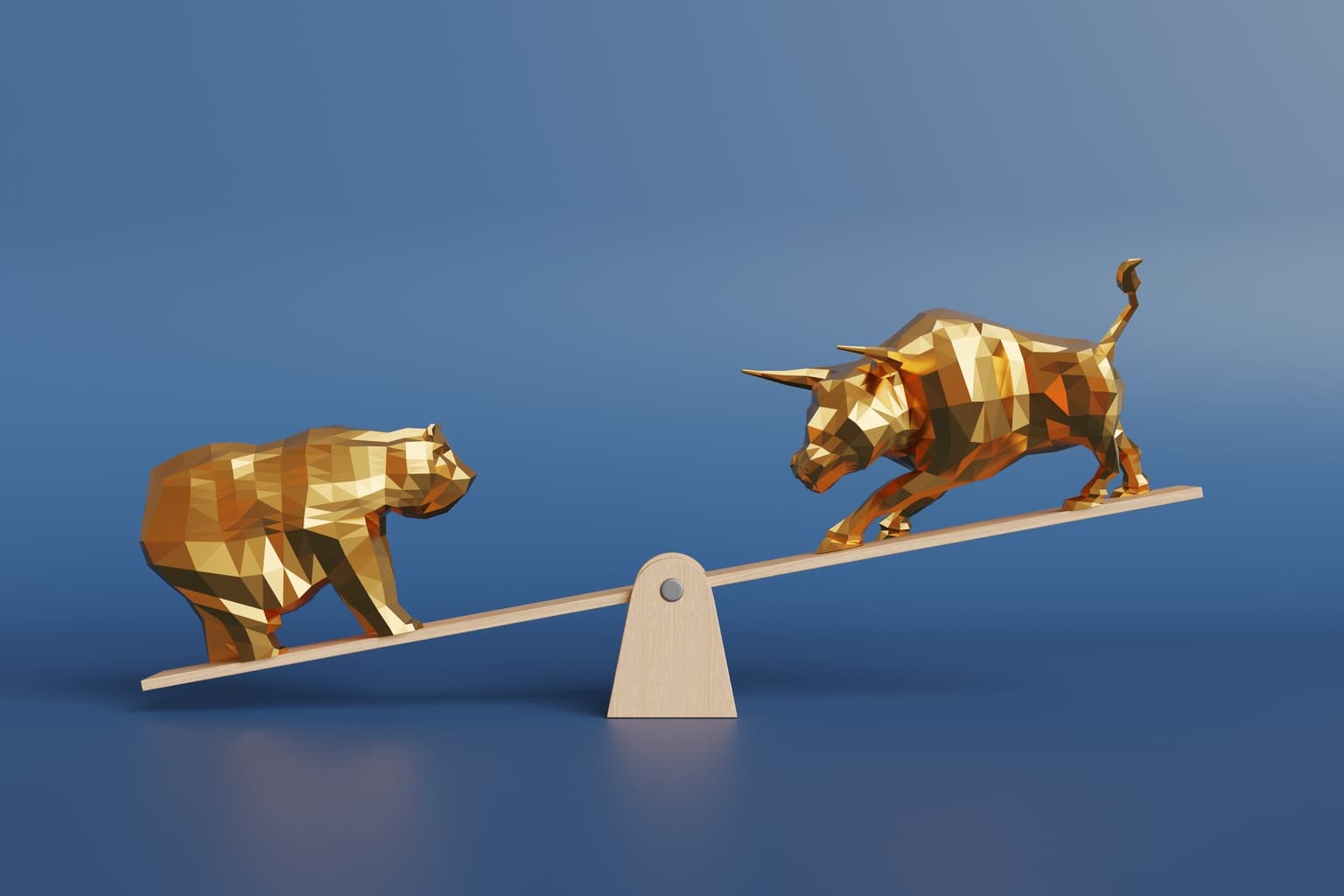
A quiet macro shift is taking place that most investors are missing. We discuss why today's market leaders may disappoint next.

U.S. stocks settled higher on Friday, with the Nasdaq Composite gaining around 300 points during the session as investors continued to show optimism towards the AI theme and positioned into December's “triple witching” session.
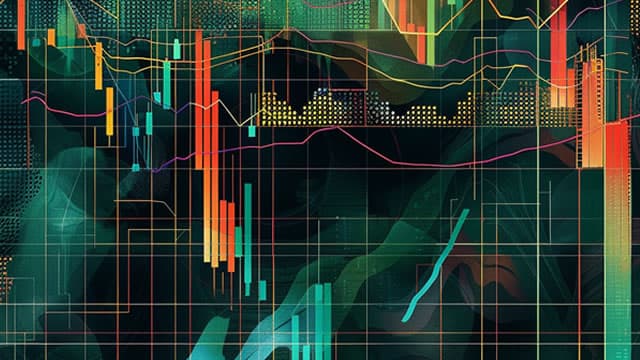
Market Catalysts anchor Julie Hyman breaks down the latest market moves for December 22, 2025. The Federal Reserve's interest rate decisions will be a key focus in 2026 as the US central bank balances its dual mandate of maintaining price stability and achieving maximum employment.
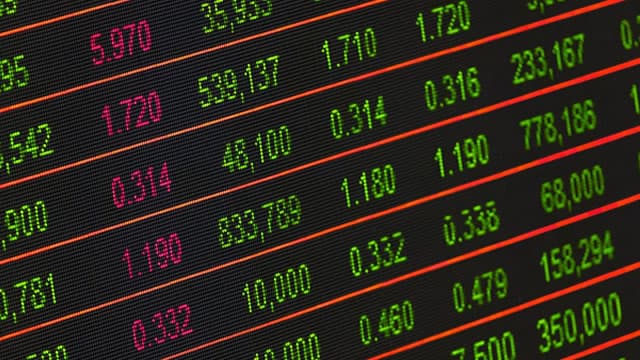
Although the 10-year yield has had a volatile ride at times in 2025, looking back over the year reminds us that the general trend has been down. Reliable or not, the bond market appears to accept the view that inflation is holding in a 2.5%-3.0% range.

Dom Chu joins 'Money Movers' to discuss Wall Street's top strategists' 2026 targets.
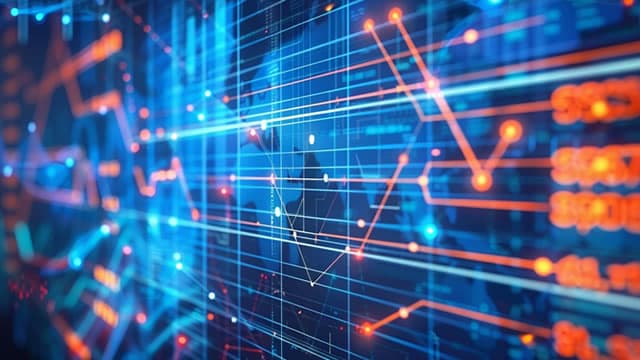
Recent rate moves are supporting another solid stock market rally.
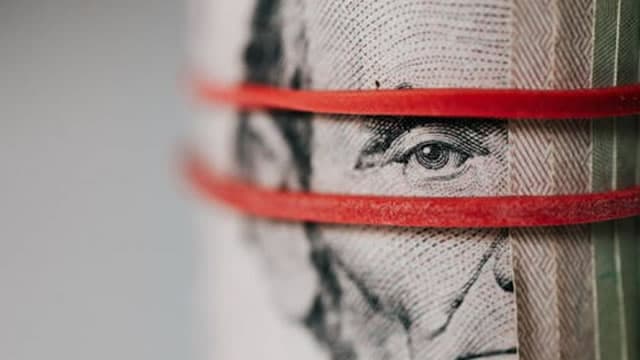
U.S. stocks traded higher midway through trading, with the Dow Jones index gaining more than 150 points on Monday.
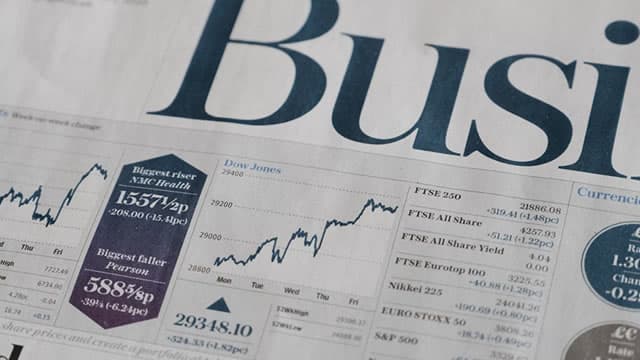
Mexico has delivered an extraordinary YTD performance, up over 50%, outpacing both the Emerging Market Index and S&P 500. Despite tariff uncertainties and sluggish growth, Mexican equities have demonstrated remarkable resilience and relative strength.
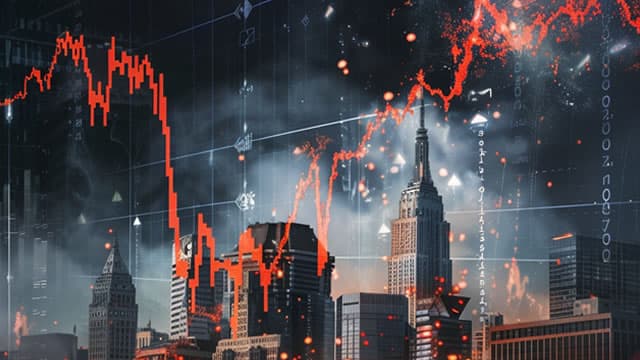
After tariffs rose to the highest levels in centuries, the U.S. lost tens of thousands of manufacturing jobs this year. As part of our video series on Trump's second term, The Wall Street Journal's Gavin Bade takes us to the Motor City to learn why—and meet the winners of the new trade paradigm.
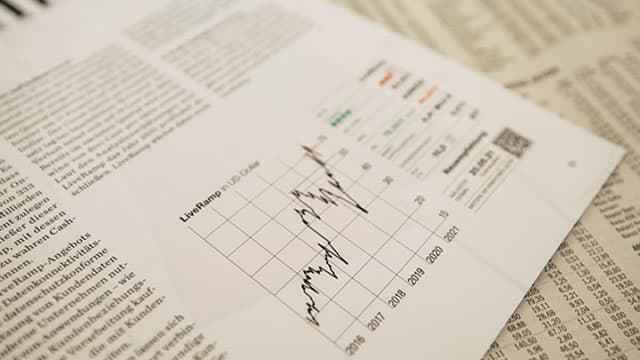
The Federal Reserve is forecasting relatively strong GDP growth in 2026, attributable to gains in worker productivity. One long-run economic model indicates that generative AI, powered by machine learning, may have dramatic effects on both labor productivity and employment.
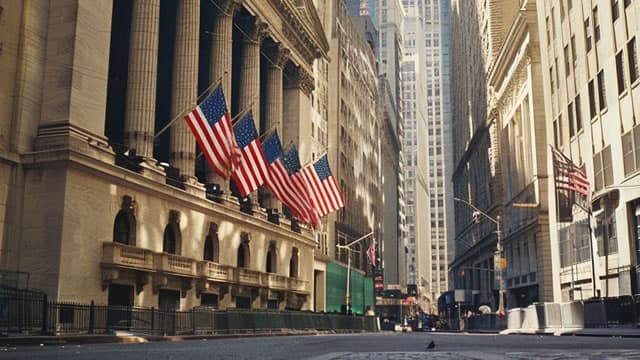
Yahoo Finance speaks with experts and Wall Street insiders about the outlook for stocks, crypto, and gold in watch in 2026. For more of the latest market coverage, please visit our website at: https://finance.yahoo.com/ #stocks #Investing #Wall Street #crypto #tech About Yahoo Finance: Yahoo Finance provides free stock ticker data, up-to-date news, portfolio management resources, comprehensive market data, advanced tools, and more information to help you manage your financial life.
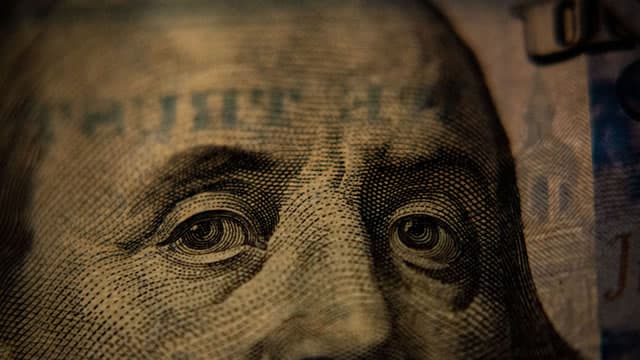
Last Thursday, President Donald Trump signed the “Ensuring American Space Superiority” executive order aimed at cementing U.S. dominance in the final frontier.
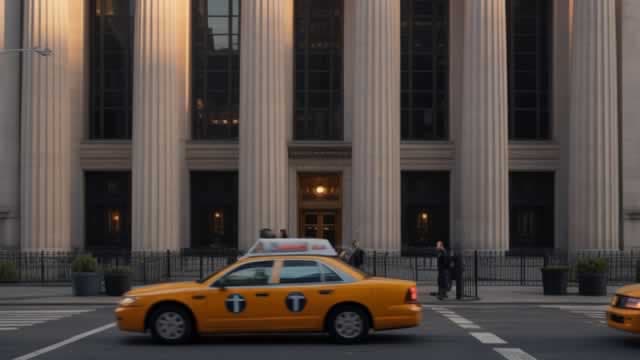
Calm headline growth figures mask a realignment among emerging and developed economies, Marcello Estevão and Jonathan Fortun writes in a guest commentary.
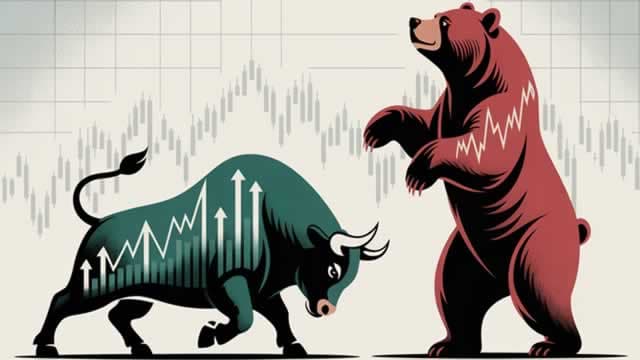
GDP will be the most important print for markets on this holiday-shortened week, says @CharlesSchwab's Cooper Howard. He adds that inflation will likely stay "stuck" in a range into 2026, though he doesn't see it shifting the Fed's anticipated rate cut path for the coming year.
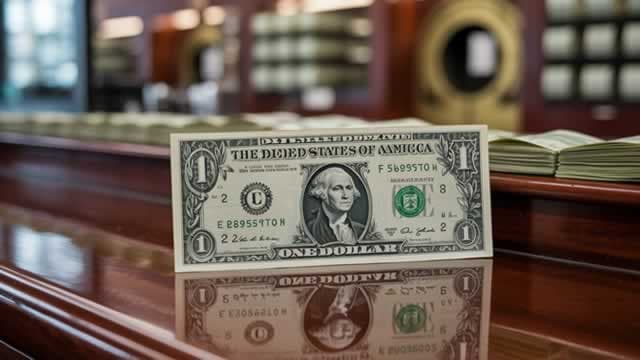
Scott Wren, chief global equity strategist at Wells Fargo Investment Institute, joins CNBC's 'Squawk on the Street' to discuss the company's S&P positions, the AI industry's focus, emerging markets, Japan's inflation, expected Fed rate cuts, and more.
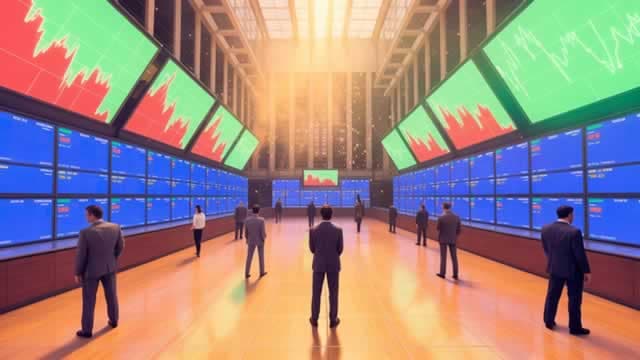
UBS is projecting that U.S. equity market strength will extend into 2026, with the S&P 500 positioned for another major advance as earnings growth, looser financial conditions, and reduced policy uncertainty converge.
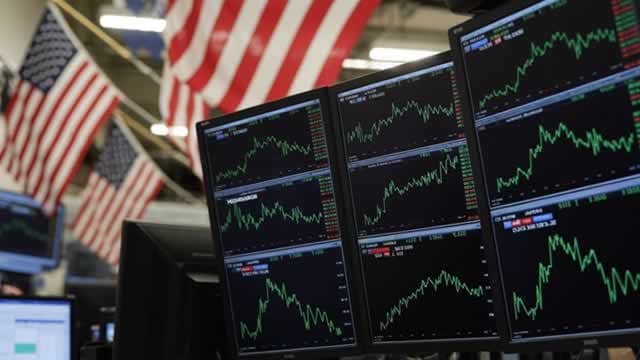
The market's current valuation levels can be described is at least frothy, looking at many historical valuation metrics. After three years of outsized returns, mainly driven by large AI related concerns, one could say equity valuations have become 'irrationally exuberant'.

Ryan Detrick, Chief Market Strategist at Carson Group, offers his analysis of the stock market's recent performance and explains why he disagrees with the notion that investors are overly focused on mega-cap tech stocks. Ryan joins Carol Massar, Tim Stenovec, and Bloomberg Chartered Market Technician Bill Maloney on Bloomberg Businessweek Daily.